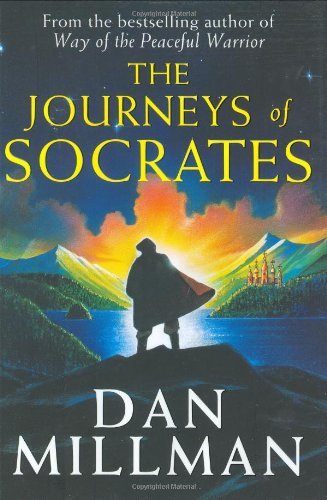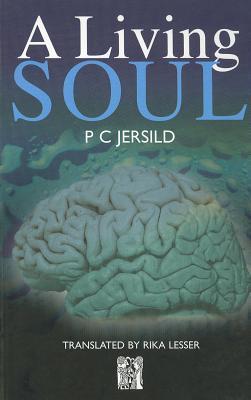
Zen and the Art of Motorcycle Maintenance: An Inquiry Into Values
Book Description
Two men embark on a cross-country motorcycle journey, but the ride soon evolves into a profound exploration of life, values, and what it means to achieve true quality. As the miles unravel, philosophical musings intertwine with the hum of engines, challenging the very fabric of existence and the nature of happiness. With each twist and turn, the road reveals stark truths about technology, art, and human connection. Will their quest lead to enlightenment or deeper confusion? Buckle up for a thought-provoking ride that redefines the essence of living—what values truly drive your journey?
Quick Book Summary
"Zen and the Art of Motorcycle Maintenance" by Robert M. Pirsig is a philosophical odyssey disguised as a travel memoir. As the narrator and his son Chris journey across America by motorcycle, they encounter both physical landscapes and complex inner terrains. The ride provides a backdrop for deep musings on life, technology, and the concept of 'Quality.' Pirsig examines the clash between classical and romantic views of life, illuminating how people perceive the world differently. Through reflections on past trauma and his relationship with his son, the author probes the meaning of sanity, identity, and values. Ultimately, the book invites readers to question what it means to live authentically and how to harmonize the rational and emotional facets of existence. It is equal parts adventure tale, philosophical treatise, and meditation on the spirit of inquiry.
Summary of Key Ideas
Table of Contents
The Search for Quality
The story begins with a motorcycle journey across the northern United States undertaken by the narrator and his son, Chris, joined by friends John and Sylvia Sutherland. The physical journey sets the stage for intimate, philosophical explorations that parallel the twists and turns of the open road. The careful attention to the mechanics of motorcycles and the nature of travel becomes a metaphor for the examination of life itself. Encounters with landscapes, breakdowns, and weather become prompts for broader reflections, motivating the narrator to explore deeper meanings behind everyday experiences and the choices that define individual lives.
Classical vs. Romantic Understanding
A central thread running throughout the narrative is the philosophical pursuit of Quality. Pirsig introduces 'Quality' as an indefinable essence—it cannot be strictly categorized but is sensed in moments of harmony and excellence. The narrator contrasts this pursuit of Quality with the all-too-common split between classical (rational, analytical) and romantic (intuitive, aesthetic) worldviews. This dichotomy is embodied by the two pairs on the road: the Sutherlands’ resistance to understanding the mechanics of their bike reflects a romantic approach, while the narrator’s methodical engagement highlights classical thinking.
Relationship Between Technology and Humanity
Pirsig examines the uneasy relationship between humans and technology. While many perceive technology as cold and alienating, the narrator suggests that a mindful, harmonious engagement with it can be profoundly fulfilling. Maintaining and understanding the motorcycle becomes an allegory for engaging thoughtfully with modern life. Rather than rejecting technology or blindly following scientific rationality, the narrator advocates for an integrated perspective where art and science, intuition and logic, complement each other to foster a meaningful existence.
The Journey of Self-Discovery
As the journey unfolds, the narrative reveals the narrator’s psychological struggles, including his former identity as “Phaedrus,” who was consumed by philosophical inquiry to the point of insanity. These reflections delve into the questions of sanity, identity, and the mind’s relationship with reality. The exploration of Phaedrus’s past, including his academic pursuits and eventual psychological breakdown, serves as a cautionary tale about the dangers of losing oneself in abstract thought at the expense of personal connections and well-being.
Sanity, Identity, and Enlightenment
Ultimately, the book is a meditation on reconciling polarities—between reason and emotion, art and science, self and society. The evolving relationship between the narrator and Chris reflects the process of bridging these internal gaps. The journey challenges the nature of enlightenment, suggesting that genuine understanding arises not from dogmatic certainty, but from the enduring willingness to question, adapt, and find harmony in everyday action. Rather than providing simple answers, Pirsig invites readers to embark on their own inquiry into what holds meaning and value in their lives.
Download This Summary
Get a free PDF of this summary instantly — no email required.





